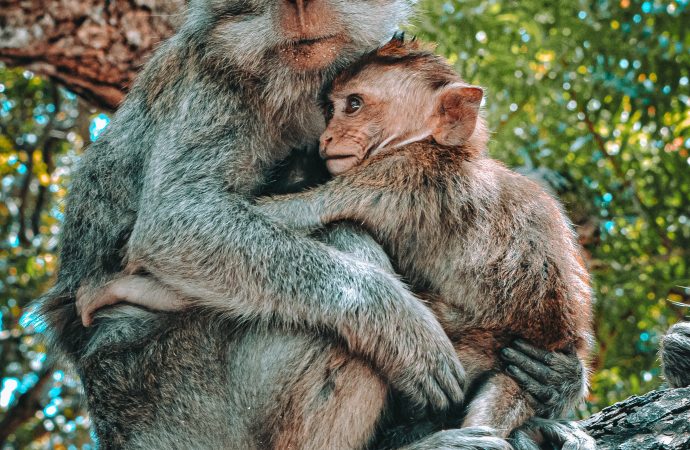Introduction: The United States is currently facing a challenging predicament in scientific research: a shortage of research primates. These essential animals play a vital role in various fields of study, including medicine, neuroscience, and behavioral research. However, a dwindling supply of research primates has raised concerns among scientists and researchers, posing potential setbacks to scientific
Introduction:
The United States is currently facing a challenging predicament in scientific research: a shortage of research primates. These essential animals play a vital role in various fields of study, including medicine, neuroscience, and behavioral research. However, a dwindling supply of research primates has raised concerns among scientists and researchers, posing potential setbacks to scientific advancements. This article delves into the causes of the shortage, its implications, and the ongoing debates surrounding the use of primates in research.
The Shortage and its Causes:
The shortage of research primates in the U.S. can be attributed to a multitude of factors. One significant factor is the increased demand for these animals in various scientific disciplines. As research expands and new breakthroughs are made, the need for research primates has surged, outstripping the available supply.
Furthermore, stringent regulations and ethical considerations surrounding primate research have impacted the availability of these animals. Stricter guidelines on importation and increased scrutiny regarding animal welfare have limited the number of research primates accessible to scientists. While these regulations prioritize the ethical treatment of animals, they have inadvertently contributed to the shortage.
Implications for Scientific Advancements:
The scarcity of research primates carries significant implications for scientific advancements. Primates, with their biological similarities to humans, provide invaluable insights into human physiology, behavior, and disease. They have played a pivotal role in the development of life-saving treatments, the understanding of complex neurological disorders, and the evaluation of new drugs.
The shortage of research primates hampers ongoing studies and potentially delays breakthroughs in medical research. It limits researchers’ ability to conduct experiments that directly impact human health and impedes progress in finding cures for diseases affecting millions worldwide.
Debates and Ethical Considerations:
The use of primates in research has long been a subject of ethical debate. Animal rights activists argue against the use of animals in scientific experiments, citing concerns about animal welfare and the moral implications of invasive procedures.
In contrast, proponents of primate research stress the importance of responsible and regulated practices. They highlight the stringent ethical guidelines in place to ensure the well-being and humane treatment of research primates. They argue that primate research has led to significant medical advancements and remains crucial for further understanding complex diseases.
Finding a balance between scientific progress and animal welfare remains a contentious issue. The shortage of research primates has reignited discussions surrounding the necessity of primate research and the exploration of alternative research models.
Exploring Alternatives and Collaborative Solutions:
Acknowledging the challenges posed by the shortage, scientists and research institutions are actively exploring alternative methods and technologies to supplement or reduce reliance on research primates. These alternatives include the use of advanced computer simulations, in vitro models, and the development of organoids.
While alternative methods show promise in specific areas, they cannot fully replicate the complex biological systems and behaviors of primates. Collaboration among scientists, regulators, and animal welfare organizations is crucial to ensure responsible research practices and seek innovative solutions that balance scientific progress with ethical considerations.
Conclusion:
The shortage of research primates in the United States poses significant challenges to scientific advancements across various fields. The limited availability of these essential animals restricts researchers’ ability to study diseases, develop treatments, and gain a deeper understanding of human health.
The ongoing debates surrounding the use of primates in research underscore the importance of ethical considerations and the pursuit of alternative research models. Striking a balance between scientific progress and animal welfare is imperative in addressing the shortage and fostering scientific advancements.

















Leave a Comment
Your email address will not be published. Required fields are marked with *